How AI data centers are tapping into Wisconsin's fresh water
Growing use of AI tools and cloud computing is motivating tech companies to expand construction of data centers — these operations are drawn to Wisconsin due to abundant water resources for cooling.
By Jane McCauley, Frederica Freyberg | Here & Now
May 23, 2025
Wisconsin is rich in one of the most important natural resources — water.
“We are projected to be relatively water rich in the coming decades,” said Amy Barrilleaux, communications director for Clean Wisconsin.
But a new technological frontier could test these waters, as more data centers pop up around the state. These facilities host artificial intelligence computing and store vast amounts of data. Barrilleaux cautioned that the long-term environmental impacts of these operations remain uncharted territory.
“Data centers, particularly AI data centers, need a lot of water,” she said. “We need to pay attention to how much withdrawals are happening. We have a lot of competing interests for that water — communities, farming, businesses, manufacturing — and now AI data centers [are] coming in to access some of that water.”
Wisconsin has become a destination for new data centers because of the extreme heat they generate, benefitting from cooler climates and lots of water to regulate their temperatures. That’s why companies are eyeing the state — for its climate and water.
“A lot of people don’t really realize the impact that this kind of heavy computing is having on our environment, and could potentially have on our really critical water systems,” Barrilleaux said.
UW-Madison professor of political philosophy and statistics Annette Zimmermann focuses on AI ethics and use in her work.
“Water is one of our most valuable resources on this planet,” she said. “We’re dealing with a small number of people and companies who are able to decide, ‘Oh, we’re now going to operate in this environment and nobody really can argue against us because we have very limited competition and almost no regulation.'”
For its part, Microsoft and Meta are already investing billions of dollars into AI infrastructure in Wisconsin. Microsoft said its data center in Mount Pleasant will provide jobs and tax revenue.
“The project is expected to bring an influx of 2,300 union construction jobs to the area by 2025, as well as providing long-term employment opportunities over the next several years,” reads a statement by the company.
Missy Hughes, secretary of the Wisconsin Economic Development Corporation, discussed the initial construction in a Dec. 22, 2023 interview on Here & Now.
“Having a company like Microsoft, a blue chip, a true blue chip American company, decide to create such an opportunity in Wisconsin is incredibly important and really exciting,” she said. “It brings in high-tech artificial intelligence, all of these things that we see in the economy of the future., and so Microsoft choosing Wisconsin is really a testament to what we’ve done to create the workforce that they need, to create the infrastructure that they need, and we’re so excited to have them here.”
More recently, construction in Mount Pleasant has been on and off but is expected to finish by the end of 2026.
When it comes to water usage, Microsoft says it has plans to replenish the water it uses companywide by 2030 and be net positive. In 2022, the company’s global usage was over 1.5 billion gallons of water, a 34% jump from the previous year.
Microsoft declined an interview, but provided this statement about sustainability.
“We made ambitious commitments in 2020, these commitments are rooted in science and take the necessary steps to protect our ecosystems and prevent the most severe impacts of climate change,” reads the statement. “Our datacenter facilities in Mount Pleasant will not require ongoing access to large quantities of water. This is because the facilities have been designed with a closed-loop cooling system that employs a combination of cooling chemicals and recycled water.”
Data centers expect to provide short-term employment in Wisconsin. Longer term, the Wisconsin Economic Development Corporation expects spin-off development that generates increased property tax revenue.
As for environmental impacts, Barrilleaux and Zimmermann argue they may not be seen for years to come.
“People get uneasy when they start realizing that this resource that means so much could be harder and harder to get, and we don’t want to get in that situation,” said Barrilleaux.
“There’s just a lot that we don’t know,” said Zimmerman, “and that’s because we can’t fully predict [how] the next wave of innovating in the generative AI space will look.”
 Passport
Passport




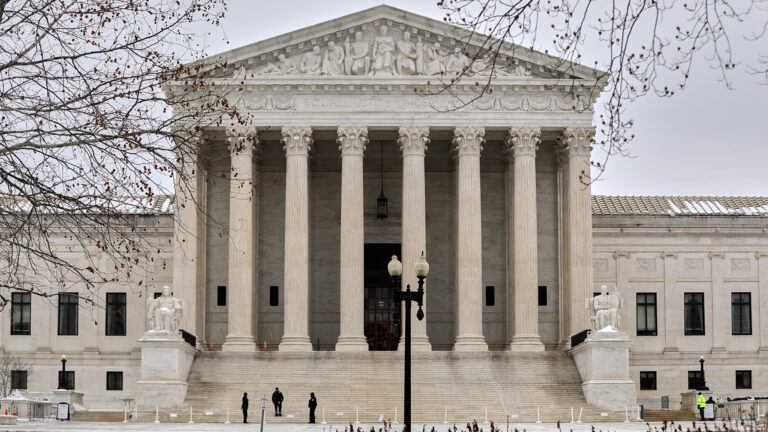

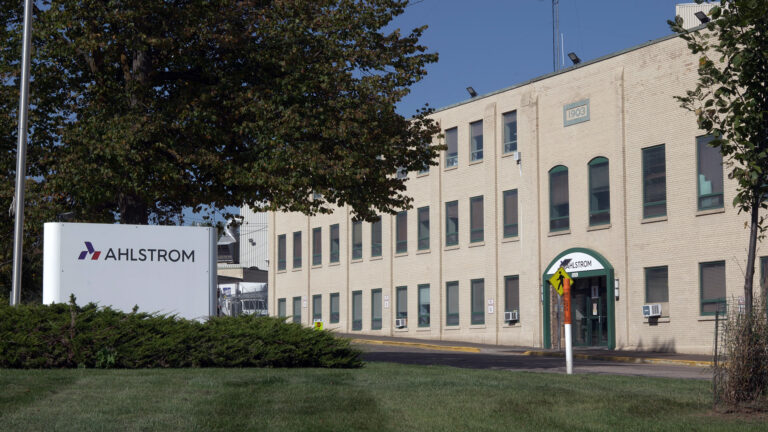
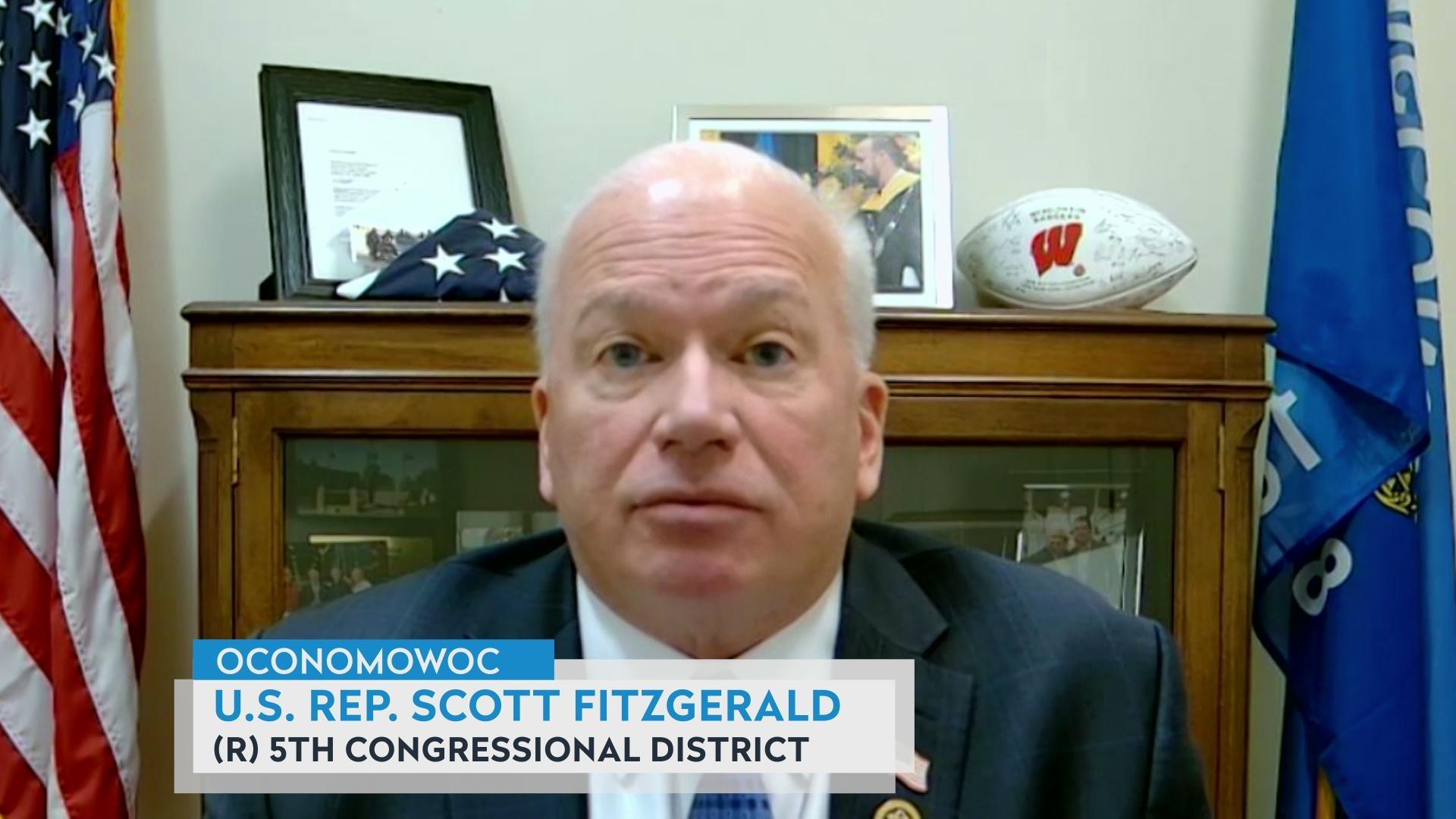
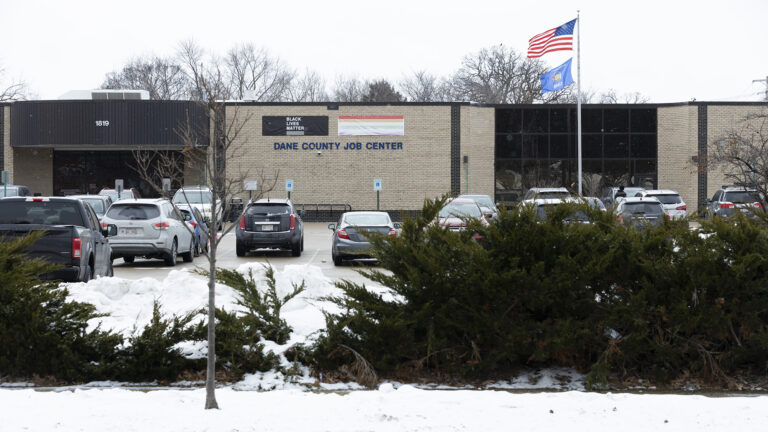
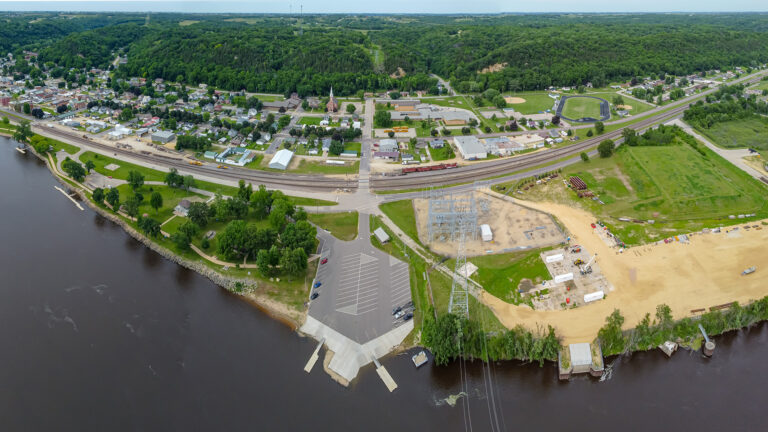

Follow Us